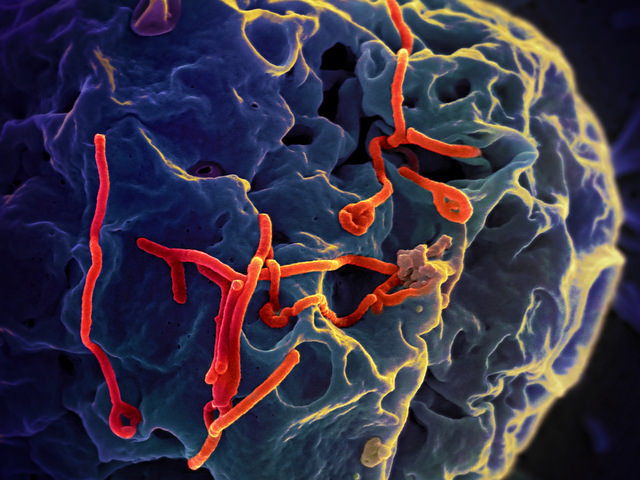Quickies: The struggling Ebola response effort
And the perceived morality of randomized trials

The Ebola response effort is struggling. Experts say these steps could help – “ETCs, as they are called, have become a place of stigma, associated with death. In fact, people who seek care in treatment centers quickly after the onset of symptoms have a higher chance of survival than those who eschew the centers — but that reality has not been recognized in the affected communities.”
A shocking share of the public thinks that randomized trials are immoral – “The researchers didn’t just get these results among science-illiterate respondents, either. The researchers examined “whether educational attainment, having a science, technology, engineering, and mathematics (STEM) degree, or scientific understanding explained any of the variance in appropriateness ratings of experiments.” The results? Nope. Scientific awareness — and any other demographic factors — don’t influence whether people think that randomization is okay.”
The people building their lives around their menstrual cycle – “While the practice of cycle syncing itself hasn’t been studied comprehensively, research has demonstrated that different parts of the menstrual cycle can affect people physiologically, cognitively, and emotionally. One study, for example, suggests that pain perception can fluctuate with hormones; another found evidence that a diet adapted to the menstrual cycle can help with weight loss.”
Women are happier without children or a spouse, says happiness expert – Though it appears that the studies the author used were based on heterosexual couples, it’s important to note. “You see a single woman of 40, who has never had children – ‘Bless, that’s a shame, isn’t it? Maybe one day you’ll meet the right guy and that’ll change.’ No, maybe she’ll meet the wrong guy and that’ll change. Maybe she’ll meet a guy who makes her less happy and healthy, and die sooner.”




